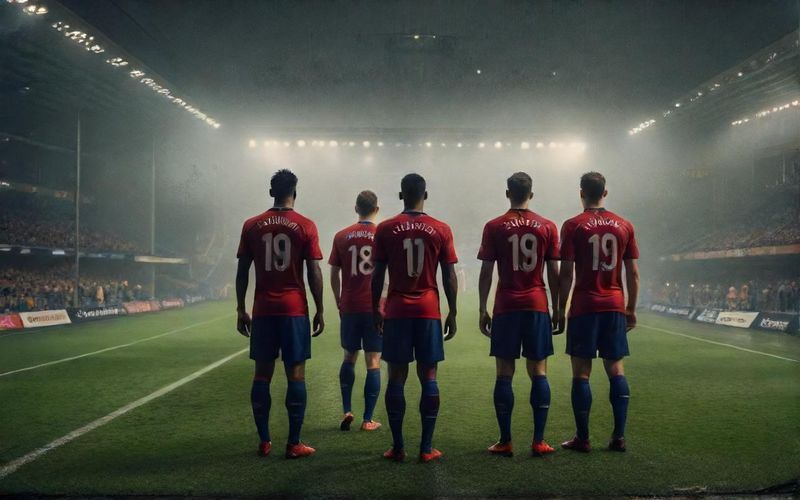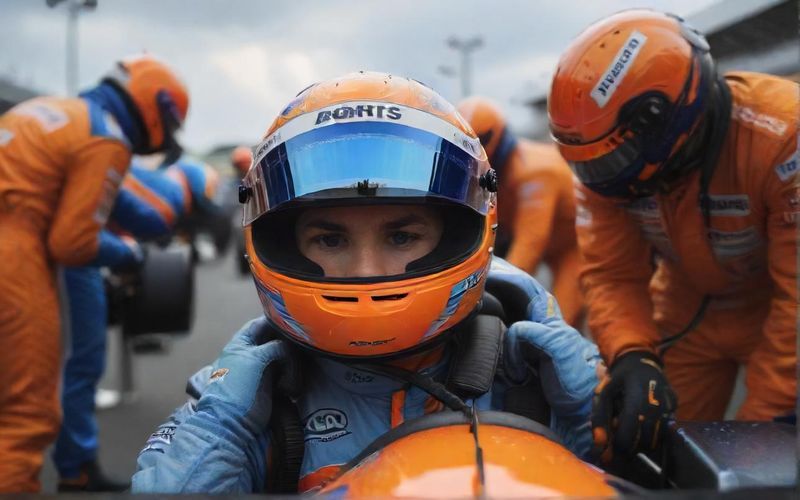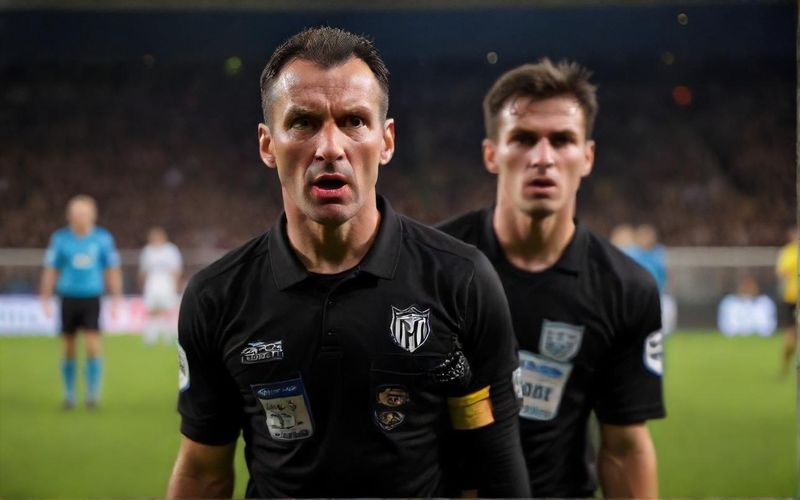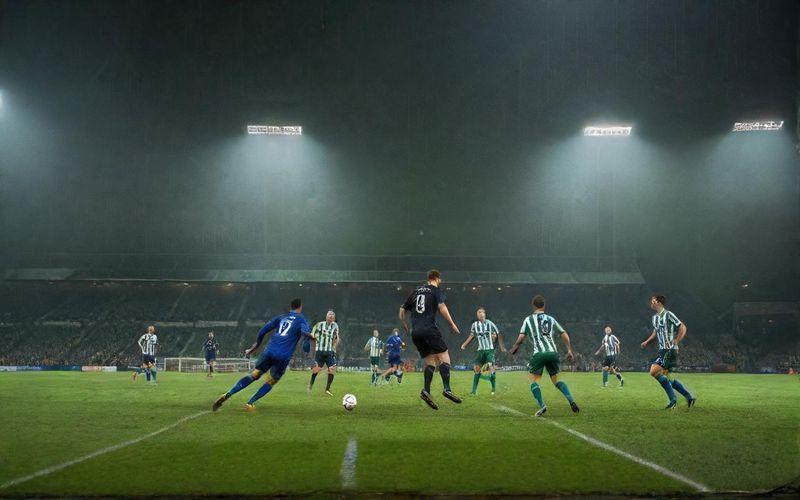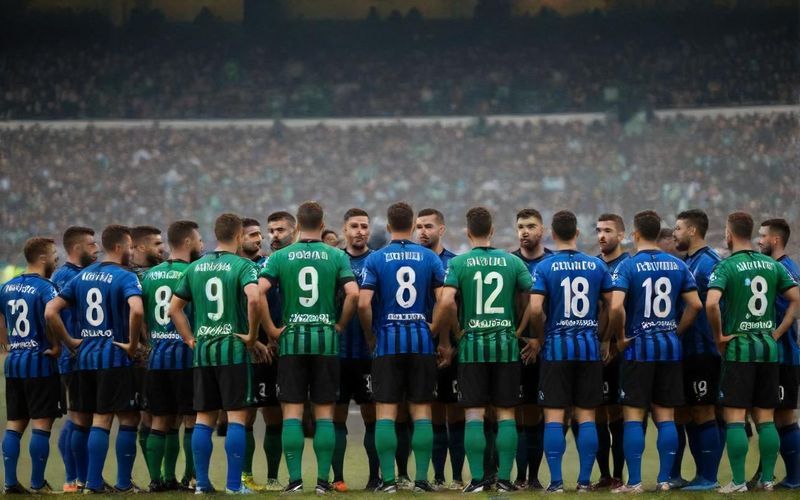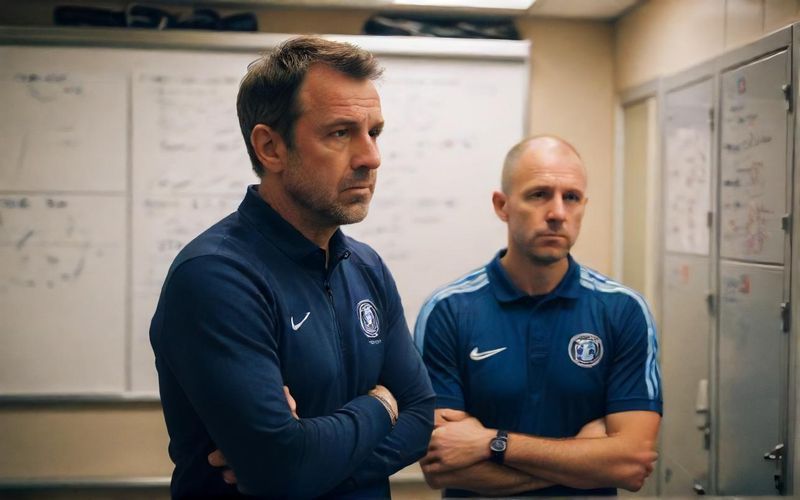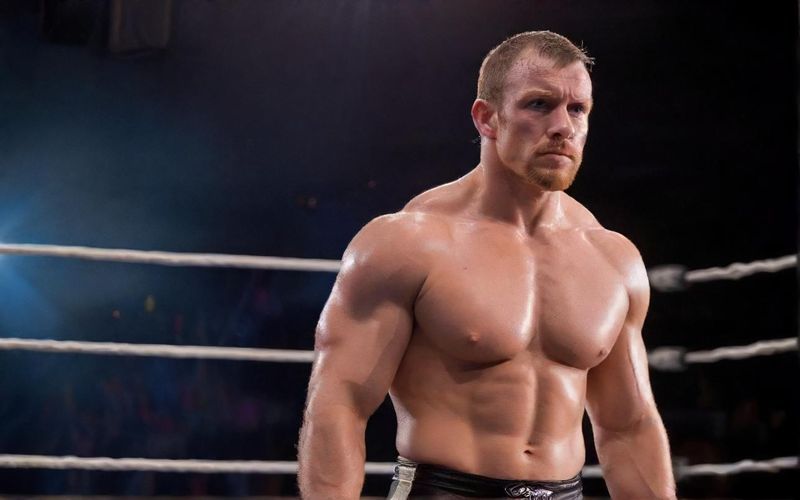Silent Brian, Sir Mo: Wrestling Loses Legends
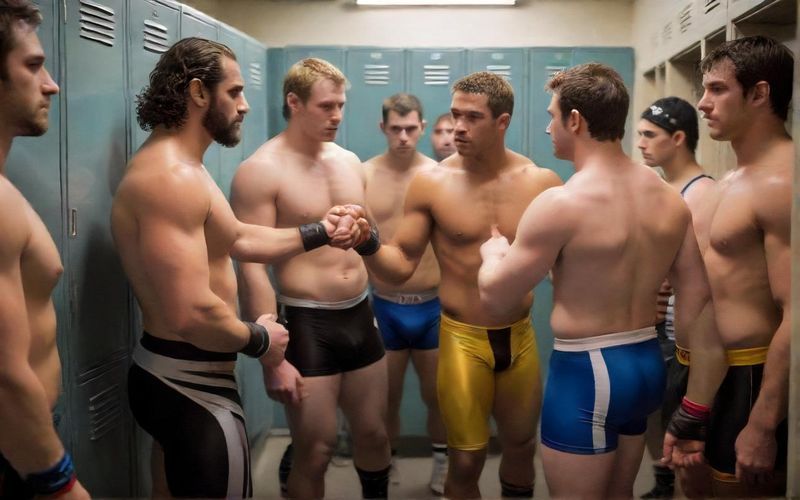
Brian Mackney’s story is particularly remarkable. Known as “Silent” Brian, a moniker earned not from a lack of ability but from his profound deafness, he became a legend in Toronto and a recognized name on the international wrestling scene throughout the 1970s and 1980s. Maple Leaf Pro Wrestling’s heartfelt tribute paints a vivid picture of a performer who transcended any perceived limitations. He didn’t just compete; he conquered, traveling to Japan with New Japan and All-Japan, and making his mark in various National Wrestling Alliance territories, including Mid-Atlantic. His time with the WWF in the 1980s further cemented his legacy. What’s truly inspiring is how his hearing impairment, something that might have deterred many, became a unique feature of his persona, showcasing an incredible ability to rise above. The fact that he was present at a Maple Leaf Wrestling event just this past May, connecting with fans and fellow wrestlers, makes his passing even more poignant. It underscores that his influence was not confined to his active wrestling years but continued to resonate.
Equally touching are the reflections on Bobby Horne, Sir Mo of Men on a Mission. Fellow wrestler Leilani Kai’s words reveal a man whose kindness and genuine spirit were as impactful as any championship belt. She recalls him as someone who made newcomers feel welcome, a vital role in the often-demanding nomadic life of a professional wrestler. In an industry where the lines between performance and reality can blur, Bobby Horne’s authenticity shone through, both in the spotlight and away from it. His love for the business, the fans, and his willingness to give back speak volumes about his character. These personal anecdotes humanize the larger-than-life figures we see on screen, reminding us of the deep bonds formed within the wrestling fraternity. It’s a testament to his legacy that his memory is cherished not just for his in-ring performances but for the person he was.
The passing of both Mackney and Horne, coming so close together, highlights a shared thread within professional wrestling: the power of overcoming adversity and the importance of human connection. Mackney, a deaf wrestler who became a global star, and Horne, whose infectious positivity made him a beloved locker room presence, both represent different facets of what makes this industry so compelling. Their careers, spanning different eras and wrestling territories, serve as powerful reminders that while the spectacle is crucial, it’s the heart and soul of the individuals involved that truly endure.
As we reflect on these profound losses within the wrestling community, it’s natural to consider the ongoing evolution of the sport and the legacies these individuals leave behind. The mention of brian mackney wrestler and Sir Mo prompts us to think about what truly defines greatness in wrestling – is it solely the championships won, or is it the lasting impression made on fans and peers through courage, perseverance, and genuine kindness? In a world increasingly focused on immediate impact, their stories urge us to appreciate the enduring power of dedication and the profound human stories that unfold within the vibrant tapestry of professional wrestling. What lessons can we, as fans and observers, take from their lives about overcoming challenges and building meaningful connections, lessons that extend far beyond the world of sports entertainment?
